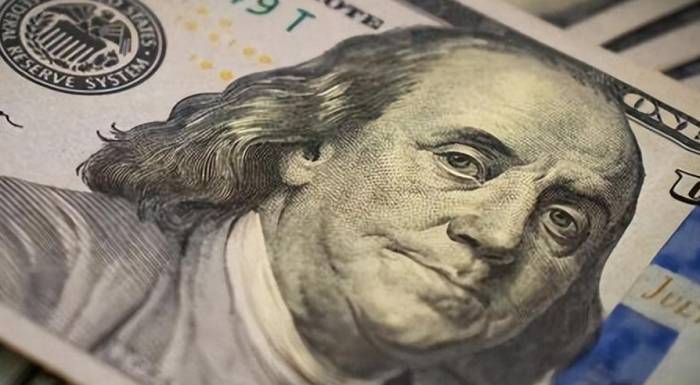Fed Continues Rate Cuts Amid Growing Dollar Abandonment by Nations
The Federal Reserve's sudden interest rate cut causes global financial market turmoil
In September 2024, the Federal Reserve unexpectedly announced a 50 basis point interest rate cut, causing a stir in the global financial markets. Everyone is asking, what's going on with the Federal Reserve? Is there really a problem with the M-country's economy? Or is the dollar's hegemonic status about to be shaken?
The downward trend of the US dollar is evident, and liquidity issues have emerged
In fact, as early as the beginning of this year, the market had already sensed something was amiss with the US dollar. The US Dollar Index has been on a downward trend, falling nearly 10% from last year's high. Everyone was speculating whether the Federal Reserve was about to start cutting interest rates.
However, the Federal Reserve has been feigning ignorance, stating that inflation has not been fully controlled and interest rates cannot be easily reduced. Unexpectedly, the sudden move in September left everyone bewildered.
It is said that there is also a lot of debate within the Federal Reserve. Some are worried that cutting interest rates too quickly could reignite inflation, but others believe that if interest rates are not reduced promptly, the US dollar's liquidity issues will become increasingly severe.
An unnamed Wall Street analyst told me: "The Federal Reserve was forced into this. Look at how tight dollar liquidity has been recently; if they don't cut interest rates soon, the market might collapse."
Global central banks follow suit, is a new round of currency wars coming?
As soon as the Federal Reserve cut interest rates, other central banks around the world also became restless. The European Central Bank, the Island Country Central Bank, and the Bank of England all expressed their intention to "closely monitor" market changes. Everyone knows what this means, which is that they are also preparing to cut interest rates.

Some say this is the beginning of a new round of currency wars. Whoever cuts interest rates faster, their currency depreciates faster, and their exports gain an advantage. But is this approach really beneficial for the economy?I interviewed an economics professor, who said: "Currency competitive devaluation may seem to stimulate exports, but in the long run it is not beneficial for anyone. The current problem is that no country is willing to be the first to stop."
Gold and silver prices soar, and the sentiment of risk aversion heats up.
As soon as the US dollar depreciates, gold and silver get excited. The price of gold has broken through $2,000 per ounce, and silver has also set a new high in recent years. Everyone is saying that the US dollar is not going to make it, but gold is reliable.
But I think, is it too early to conclude that the US dollar is not going to make it? After all, the US dollar is still the world's largest reserve currency and it is difficult to be replaced in the short term.
However, it is true that many people have started to increase their holdings of gold. A stock market guru I know told me: "If you don't buy gold now, when will you? The Federal Reserve has started printing money crazily, and the US dollar will collapse sooner or later."
The exchange rate policy of the renminbi faces challenges, how will the central bank respond?
The depreciation of the US dollar will definitely affect the renminbi. But how exactly it will affect is really hard to say. Some people say that the renminbi will appreciate because the US dollar is weak. But others say that the renminbi will depreciate because other currencies are depreciating, and the renminbi has to depreciate.
I asked a friend who works in a bank, and he said: "The current situation is very complicated, and the central bank must be very headache. If the renminbi appreciates too quickly, it is not conducive to exports; if it depreciates too quickly, it is afraid of causing capital outflow."
Indeed, the central bank is in an awkward situation now. If the exchange rate of the renminbi fluctuates too much, it may cause market panic; if it stubbornly defends a certain exchange rate, it may consume a large amount of foreign exchange reserves.
The global economic pattern is reshaping, who will become the biggest winner?The Federal Reserve's interest rate cut this time may trigger a reshaping of the global economic landscape. Some argue that the era of dollar hegemony is coming to an end, and a multipolar world currency system is on the horizon.
However, I believe things are not that simple. Although the dollar has its issues, there is currently no currency that can fully replace it. The euro? The yen? The renminbi? They all still have a long way to go.
One thing is certain, though: the uncertainty of the global economy will continue to grow. Whoever can seize opportunities in this environment will become the ultimate winner.
Is the Federal Reserve's interest rate cut good or bad this time? To be honest, I don't know. But one thing is for sure: we ordinary people still need to keep a close eye on our money and not let these financial sharks play us to death.
Leave a Reply